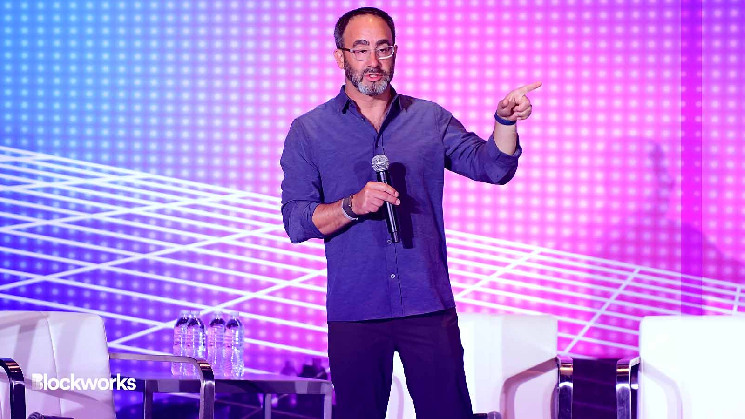Blocknative CEO and co-founder Matt Cutler says that over the past six months, the number of private orders – transactions that don’t appear in the public mempool but then appear on-chain – has grown from about 2% to 15% of all transactions on the Ethereum . network.
He expects that in about a year, about half of all transactions will be private. Designed as a “protection mechanism,” he explains, the innovation has brought with it a number of unintended consequences.
On the 0xResearch podcast (Spotify/Apple), Cutler explains the reasoning for private transactions: “You’re trying to avoid some of these concerns about adverse settlements and the fact that your transaction is part of a MEV attack.”
MEV, or maximum extractable value, refers to the profit that block producers can make from network activity by choosing to include, order, or exclude transactions in blocks they produce. Theoretically, private transactions could limit such exploits, but it’s “not that simple,” Cutler says.
“In general, you wait longer for a private transaction to enter the chain and therefore you can get worse handling due to more slippage.” This results in tradeoffs where it is sometimes better to simply keep transactions in the public mempool, he says.
Adding to the complexity is the issue of proprietary order flow, Cutler says, where a subset of private transactions are executed by one or a few builders to maximize profits. “They have their own transactions. They don’t socialize them with the rest of the network.”
“The idea is that you can then build a more valuable block than someone else,” he says.
Cutler explains that wallets can share orders “with a limited subset of network participants to give them exclusive rights” to extract MEV and build blocks from the order stream more profitably.
“A lot of money is changing hands these days,” he says, “for those exclusive rights.”
“I have access to orders that you don’t. I can create transactions that you cannot create,” he explains.
Blockchain censorship and anti-competition?
If all network participants equally see a profitable block-building opportunity, they can bid against each other for the privilege. This creates healthy competition, but also drives up costs for potential block builders, Cutler says.
“If I just see the opportunity,” he explains, “I can do a much more profitable trade because I don’t have to worry about you guys competing with me.”
The non-competitive incentive has negative consequences, Cutler says, citing recent research by Max Resnick that shows the problem. “When asset volatility rose on Binance, there was a specific builder who won 75% of the blocks,” he says.
This dynamic poses potential threats of censorship and anti-competitive behavior, he says. ‘What if that builder doesn’t like you? You have to get a transaction up the chain – and they just say no?
More realistically, Cutler suggests a situation could arise where the only way to get an order up the chain is to hand it off to a competing builder.
The rival might respond, he explains: “No, I have my own order and I’m going to pretend I haven’t seen yours because I make more money that way.”
It is economically rational for certain actors in the network to behave this way, he says. “They’re not doing anything nefarious, but the impact on equity on the network is not major.”
According to Cutler, the Ethereum network is “increasingly leaning in this direction,” he says, “and it doesn’t feel ideal.”
“We don’t want to have a network where users are losers,” he says. “We don’t want to have a network where [liquidity providers] they are suckers, where they don’t get a fair chance, where they can’t compete for the best settlement.
“We’re trying to encourage everyone to be aware of these situations and create changes in infrastructure or protocol that might level things out a little bit.”

